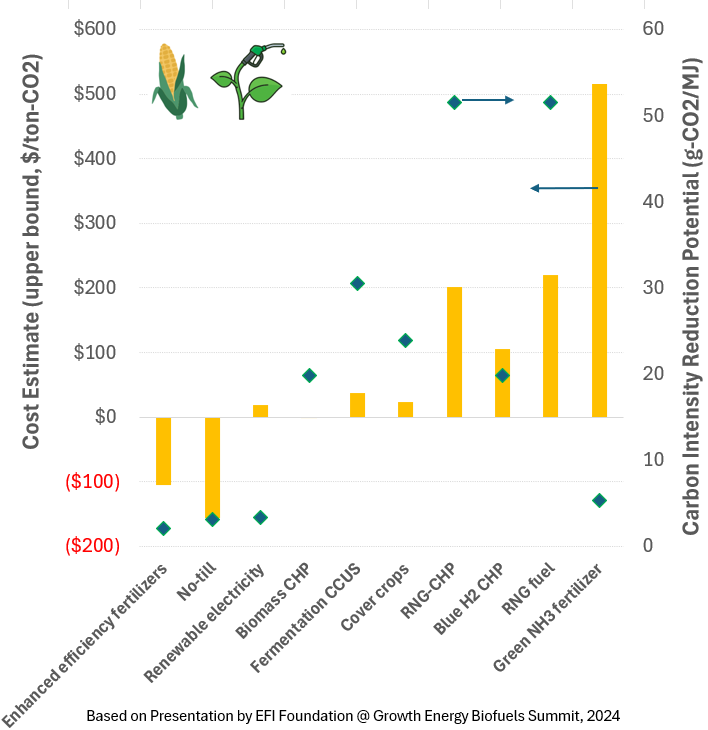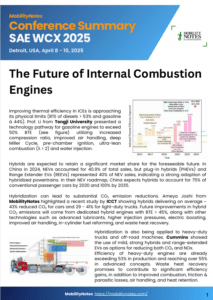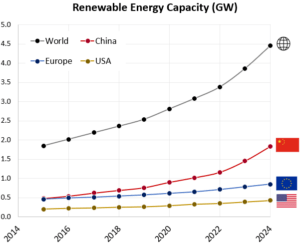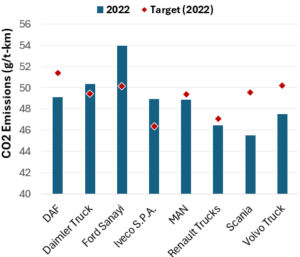Conference Summary
Biofuels summit highlights role of ethanol in transport decarbonization
Growth Energy Biofuels Summit, Sept. 9 – 12, 2024, Washington DC
Biofuels Summit, Washington, DC
The Growth Energy Biofuels Summit was held in the nation’s capital on September 9–12, 2024. The event was held near Capitol Hill and featured guest speakers from several senior government officials (Sec. Tom Vilsack, USDA, Administrator Michael Regan, EPA) and a host of panel discussions on various topics pertaining to the role and future of ethanol in the decarbonization of transport.
(Image - Flags marked the 9/11 commemoration.) 

Context
The US produces and consumes nearly 15 billion gallons of ethanol each year. The production is limited not by the capacity but the implicit caps on the amount that can be blended in. The case for increasing ethanol use rests in the work being done by the farmers and industry to continue lowering the lifecycle carbon intensity of the fuel, that renewable fuels are the only pathway to reducing emissions from the existing fleet, and that there are new hard-to-decarbonize end-uses such as heavy-duty engines and aviation.
The plot here shows some of the technologies that have the potential to reduce the carbon intensity of ethanol and the upper bound on the costs. This is based on work done by the EFI Foundation which is going to release a detailed report later. There have been other studies which quantify the carbon intensity of ethanol and pathways for further reduction which we have covered previously.

Conference Summary – SAE WCX 2025
![]()
A summary of the “SAE WCX 2025” conference held in Detroit.

IRENA Renewable Energy Capacity Statistics 2025
![]()
According to the latest report from IRENA, 2024 saw the largest increase in renewable capacity, accounting for 92.5% of overall power additions.

CO2 Emissions Performance of Heavy-Duty Vehicles in Europe – 2022 Results
![]()
The European Commission has published the official 2022 CO2 emission results for heavy-duty vehicles. Many OEMs are ahead of the targets and have gained credits, while others have their work cut out as we approach the 2025 target.

